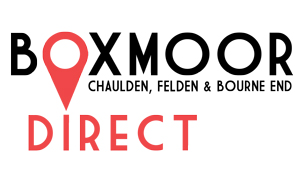It’s a couple of years ago but in 2017 Mercer’s published a survey which said a whopping 95% of managers were dissatisfied with performance management in their organisation. Even more worryingly from my perspective, 90% of HR leaders thought the performance management system didn’t deliver accurate information or enhance employee performance.
Why is performance management so difficult to get right?
One of the most popular workshops I deliver is called, “Effective performance conversations.” It does exactly what it says on the tin. We spend time understanding that performance is something we do – it’s not who we are as a person. We discuss how performance is a malleable, temporary state which means we need to be thoughtful about how we talk about it within organisations. Criticism on its own, is not feedback and you can only elevate performance if you improve development. That’s why spending time understanding how to provide feedback is the key to good performance management and yet, in my experience providing feedback is rarely taught in a structured way.
One of the tools I use in my workshop is the BIQ model:
• B – behaviour
• I – impact
• Q – question
Why not try this model the next time you’d like to give feedback. First, ask for permission to give feedback. Then, describe the behaviour you observed – remember, you cannot guess the intent behind the behaviour you can only talk about what you observed. After that explain the impact of the behaviour on you – you can’t talk on behalf of others but you can describe how the behaviour made you think or feel. Lastly, ask the question. For example, “This is how I see it Ruth, what do you think?” The question stage is really important – this is where you stop and listen and a discussion and debate usually ensues.
Sharing feedback is difficult. It takes lots of practice but if you have a structure to follow it becomes much easier. If you can help your organisation get better at giving feedback as well as making sure you have the right processes in place, you will drastically improve organisational justice. When there is a sense of fairness of process, interactions and outcomes you get a huge impact on employee engagement, performance and learning and growth.
Try BIQ for yourself. You know what they say, “practice makes perfect!”
By Ruth George – HR Consultant
 ruth@ruthgeorge.com
ruth@ruthgeorge.com
07899 920075
www.ruthgeorge.com
This is not legal advice and is provided for general information only. © Ruth George HR Consulting.


